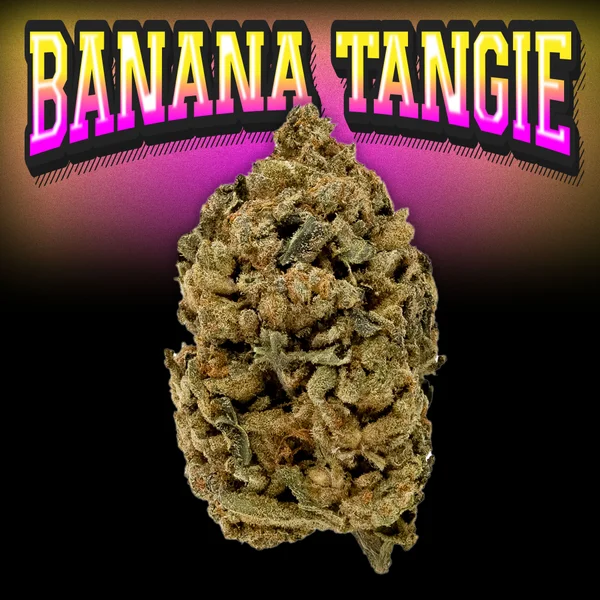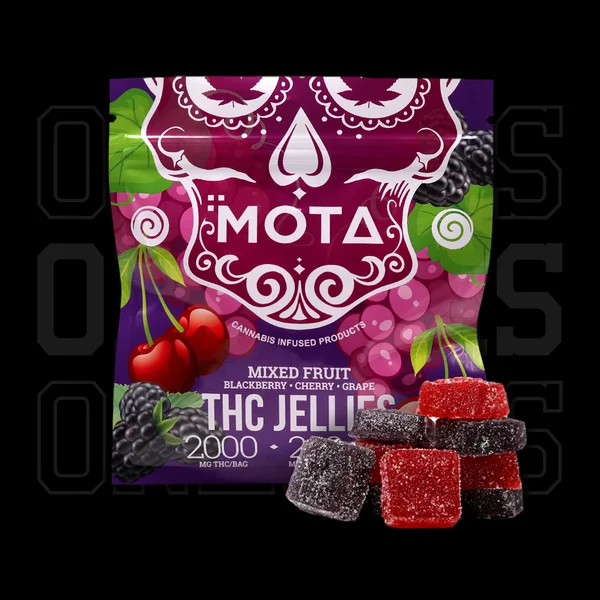A Brief Overview of Cannabis Concentrates
Cannabis concentrates, also known as cannabis extracts, are products derived from the cannabis plant that have undergone a process of extraction to isolate its active compounds. These products come in various forms, such as oils, waxes, shatters, and edibles, and are known for their potency and high THC content.
Cannabis concentrates have gained popularity in recent years for their therapeutic benefits, and their use has been legalized for medical purposes in many states in the United States. However, the legality of cannabis concentrates remains a gray area, and their use and possession are subject to different regulations in different states.
Understanding the Legal Landscape of Cannabis Concentrates
The legality of cannabis concentrates depends on various factors such as the state’s marijuana laws, the method of extraction, and the concentration of THC in the product. Here is an overview of the legal landscape of cannabis concentrates in the United States:
Federal Law
Under federal law, cannabis is classified as a Schedule I drug, which means that it is considered to have no medical value and a high potential for abuse. This classification has made it illegal to possess, use, or distribute cannabis concentrates in the United States.
State Laws
Despite federal law, several states have legalized the use of cannabis concentrates for medical and recreational purposes. As of 2021, 36 states and the District of Columbia have legalized medical marijuana, while 15 states and the District of Columbia have legalized recreational marijuana. However, the laws surrounding cannabis concentrates vary from state to state.
Medical Marijuana Laws
In states where medical marijuana is legal, cannabis concentrates are usually allowed for medical use. However, patients are required to obtain a medical marijuana card to purchase and possess cannabis concentrates, and the amount of THC allowed in the product may be restricted. Additionally, medical marijuana laws may limit the methods of extraction used to produce cannabis concentrates.
Recreational Marijuana Laws
In states where recreational marijuana is legal, cannabis concentrates are also usually allowed for personal use. However, the amount of THC allowed in the product may be restricted, and the possession limit may differ from that of marijuana flower. Additionally, some states have set regulations on the production and sale of cannabis concentrates, such as requiring testing for contaminants and labeling requirements.
CBD Laws
CBD, or cannabidiol, is a non-psychoactive compound found in the cannabis plant. CBD products, such as oils and creams, have gained popularity for their therapeutic benefits, and their use has been legalized in many states in the United States. However, the legality of CBD products also varies from state to state, and some states may have different regulations for CBD products derived from marijuana versus hemp.
Common Misconceptions About Cannabis Concentrates Laws
Despite the legalization of cannabis in many states, there are still many misconceptions about the legality of cannabis concentrates. Here are some common misconceptions:
Misconception 1: Cannabis concentrates are legal in all states where marijuana is legal.
While many states have legalized medical and/or recreational marijuana, the legality of cannabis concentrates may differ depending on the state’s laws. Some states may have restrictions on the amount of THC allowed in the product or the method of extraction used to produce the product.
Misconception 2: Possession of cannabis concentrates is legal if you have a medical marijuana card.
While possessing cannabis concentrates may be legal for medical purposes in some states, patients are required to obtain a medical marijuana card to purchase and possess cannabis concentrates. Additionally, the amount of THC allowed in the product may be restricted, and the possession limit may differ from that of marijuana flower.
Misconception 3: All CBD products are legal.
While CBD products have gained popularity for their therapeutic benefits, the legality of CBD products also varies from state to state. Some states may have different regulations for CBD products derived from marijuana versus hemp.
Conclusion
The legality of cannabis concentrates is a complex issue that depends on various factors, such as the state’s marijuana laws, the method of extraction, and the concentration of THC in the product. Understanding the legal landscape of cannabis concentrates is crucial for anyone who uses or plans to use these products for medical or recreational purposes. It is essential to stay informed about the laws in your state to avoid any legal consequences.












